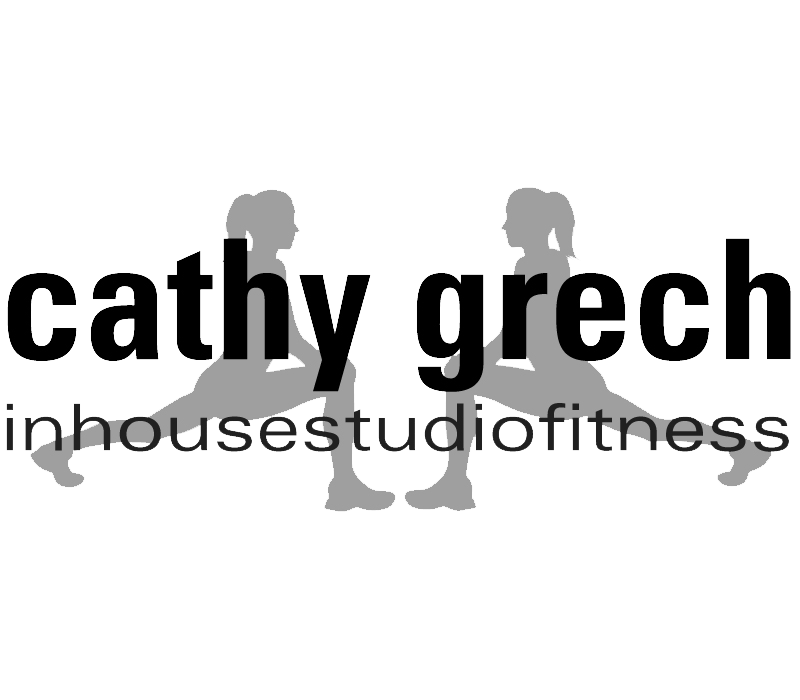Circadian rhythms and improving your health
Have you ever wondered why you feel sleepy at night and awake during the day? Or why you tend to feel more energised and productive at certain times of the day? The answer lies in the really interesting area of circadian rhythms and knowing what these are and how you can work with them, can improve your overall health and wellbeing!
Circadian rhythms are essentially your body's 24-hour internal clock that influences when you feel alert, sleepy, hungry, or energetic. These rhythms are controlled by a part of your brain called the hypothalamus, which responds to external cues, primarily light and darkness. These processes include sleep-wake cycles, hormone production, body temperature, and even our overall mood and cognitive performance. They are found not only in humans but also in most living organisms, from plants to animals.
Light: The key ingredient
Imagine your body as a well-programmed clock that is regulated by environmental cues, primarily the presence or absence of light. Exposure to natural light during the day helps synchronise your internal clock, making you more alert and active. Getting a hit of natural sunlight in the morning resets your internal clock which tells your body that it is time to be active and alert. As the day progresses, reduced exposure to light triggers the release of melatonin, a hormone that makes you feel sleepy and prepares you for a restful night's sleep.
The sleep-wake cycle
One of the most well-known circadian rhythms is the sleep-wake cycle. A consistent sleep schedule aligned with your body's natural rhythm can lead to better sleep quality. Quality sleep, in turn, has a profound impact on overall health, affecting everything from mood and cognitive function to immune system function.
In fact, research is suggesting that being out of tune with your circadian rhythm over the long term can contribute to health issues such as diabetes, obesity and can impact your mental health.
Modern life
Our modern lives, however, have disrupted the natural harmony of our circadian rhythms. With the advent of electronic devices, artificial lighting, jet lag thanks to long haul travel, shift work and extended work hours, we find ourselves exposed to bright screens and stimulating activities well into the night. This can throw off our internal clocks, causing difficulties in falling asleep and leading to sleep disorders like insomnia.
Getting back in sync
It’s OK, you aren’t locked into a lifetime of poor sleep habits that will disrupt all other efforts you put into good health and wellbeing. There are ways to align ourselves with our natural circadian rhythms and restore balance to our sleep-wake cycles. Here are a few tips:
Sunlight: Spend time outdoors, especially in the morning, to trigger your internal clock and boost alertness.
Put down the device: Reduce screen time, especially in the evenings, and consider using blue light filters or adjusting the brightness of your devices to minimize the disruption to your sleep patterns.
Limit artificial light: Yes, we need to turn the lights on as the sun goes down but minimise the amount of artificial light you are exposed to as this can disrupt your circadian rhythm. Instead of bright lights, use the dimmer or pop on some lamps as you unwind for the evening.
Establish a bedtime routine: Create a relaxing routine before sleep, such as reading a book or taking a warm bath, to signal to your body that it's time to wind down.
Maintain a consistent sleep schedule: Try to go to bed and wake up at the same time every day, even on weekends. Consistency reinforces your internal clock and promotes better sleep quality.
No to naptime: There is something luxurious about a nana nap in the afternoon, but it can be very disruptive to your circadian rhythm so avoid late afternoon or early evening siestas. Once you establish your regular wake up and sleep time, you’ll find that you won’t be tempted to nod off during the day.
Consistency is vital
For those of us who stay up way too late and sleep in longer than we should, try to move your bedtime back by 15 or 30 minutes every few days until you are jumping into bed and ideally heading off to sleep at about 10pm. Some of you will prefer much earlier and for the night owls, 10pm may be too early. You need to find the time that works for you. The aim is to have between 7-9 hours of sleep – what is required will be different for everyone so find your zone that delivers the most energy and has you feeling great.
Ultimately, the key is consistency – heading off to noddy land and waking at the same time every day. Yes, that means Sundays too so no big sleep ins or you throw your whole system out!
If you continue to have sleep issues and wake feeling as if you haven’t slept a wink, it is worth checking in with your GP and considering a sleep study to rule out contributing issues such as sleep apnea.
As we kick off January and you are thinking about what you would like the new year to look like, pop in some plans to look after yourself by getting your circadian rhythms in sync so you have the energy and the motivation to achieve all of your goals!
